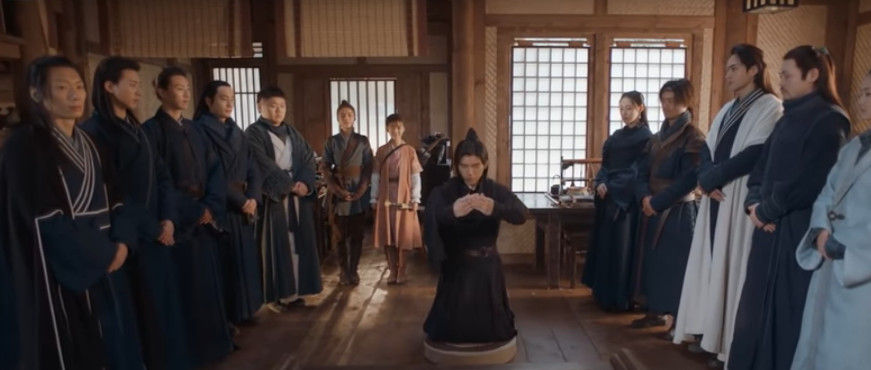Asking questions versus questioning.
- walkingtengu
- Mar 5, 2019
- 2 min read
Over the years I've seen a lot of students ask questions in class. Either to my instructor or to myself when I've been in a teaching role.
One of the differences that has stood out to me is that the same question can largely be asked one of two ways. One is helpful not only to the person asking the question but also the rest of the class as a whole. The other is not helpful to anyone and seems primarily to serve the purpose of making the person asking the question look "smart."
A common situation this occurs in with the martial arts is when the teacher is instructing the class in a technique and one of the students asks a "What about..." question.
What about if I put my hand here?
What if I they do this?
The first way to do this is to ask a question where the intent is to explore the technique. Almost always, the answer is going to be something along the lines of: "Adjust your alignment/angle/balance and reapply." At worst the answer is going to be: "Then you will need to do something different."
This practice of "asking questions" can be a good thing assuming it doesn't interfere with the teacher's ability to provide instruction to everyone else in the class.
The problem is when the student isn't really asking questions about the technique but is instead questioning the validity of the technique or the instruction. They ask the above "what if" questions in an attempt to test the validity of the technique being practiced either with the underlying implication being that the teacher is instructing us in an ineffective technique or that the teacher is instructing us incorrectly.
This attitude of "questioning" the technique and the instructor rather than "asking questions" is a detriment not only to yourself but to the rest of the class as well.
The fact of the matter is that no technique is absolutely 100% assured of being "effective" however you define that term. Are you attempting to restrain someone in a less-violent fashion so as to hold them until the police arrive? That's a very different kind of "effective" when compared against trying to achieve a submission or acquire points during a grappling-only competition.
There will almost always be a counter to any technique you practice. So to play the "what if" game during class with your instructor is really just a waste of everyone's time.
Ask questions, explore the technique, think about what is happening and yes, think about counters to the technique. However, keep it in the realm of "asking questions" and save the "questioning" for when you have a chance to test your own technique against a live, resisting training opponent. Your own inability to make something work is not indicative in anyway of the "effectiveness" of the technique in someone else's hands.
In other words, the only "questioning" you should be doing is of your own skill and ability.
Listen to the podcast "Walking With The Tengu" at: https://anchor.fm/walkingtengu for analysis and thoughts on how classic works are meaningful to the modern martial artist.



Comments